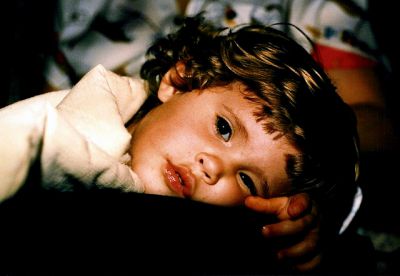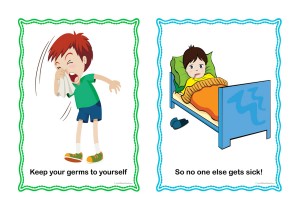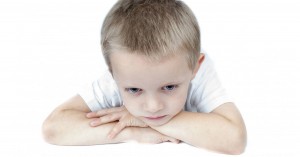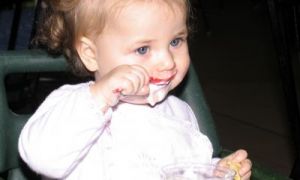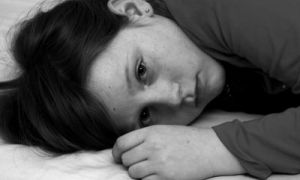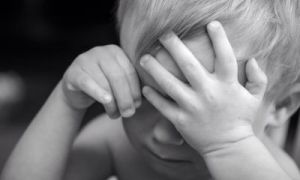Whooping cough is a highly infectious diseases. It takes 7 to 20 days after infection for symptoms of whooping cough to appear. It begins like a cold and then it causes uncontrolled coughing and vomiting for up to several months.
What is Whooping Cough?
Whooping cough is an infection caused by a bacterium called Bordetella pertussis. Pertussis (which means 'forceful cough') is another name for whooping cough.
Is Whooping Cough dangerous?
In babies less than six months of age, and occasionally in older children, it can cause severe disease. In Australia, one baby dies about every two years from whooping cough, and more are left brain damaged by the infection. In older children, whooping cough is not usually life threatening. However, it causes a very nasty cough that often lasts many weeks - the Chinese call it the 100-day cough. Children with whooping cough can't stop coughing and can’t catch their breath. At the end of the coughing bout, when they gasp or whoop, they may go blue, and often vomit. They can wake several times a night with the cough, so the whole family gets very little sleep. The forceful coughing can often cause scleral (bleeding in the whites of the eye).
How do you catch Whooping Cough?
Whooping cough is caught by being coughed on by someone with the infection, most often a parent or an older child or another adult who does not know they are infected. If everyone has been immunised in the last few years there is little whooping cough around, but if immunisation uptake is low then there is a high risk of catching the infection. Babies tend to catch whooping cough from their mother (most commonly), or their father, grandparents or a school-aged child, often a brother or sister.
Can Whooping Cough be prevented?
Immunisation is the best way of preventing whooping cough or making it less severe. It is given to babies from six weeks of age, and starts to provide protection after the second dose, given at four months of age. If everyone is immunised, then there is very little whooping cough in the community. An antibiotic (azithromycin, erythromycin or clarithromycin) is given to family members in contact with someone with whooping cough, but this is a much less efficient way of preventing spread than immunisation. The whooping cough vaccine can be given in pregnancy and to parents, grandparents, siblings and any carer to reduce the risk to newborn babies.
Is Whooping Cough vaccine dangerous?
Whooping cough vaccine has side effects, but these are mostly minor (fever, irritability, soreness and swelling at the site of the injection) and is virtually never dangerous. The new vaccine for adults (parents) is very safe whereas the previous vaccine was considered unsafe to give to adults.
Does the vaccine work?
No vaccine is 100 per cent effective. The whooping cough vaccine works best when there is little whooping cough circulating in the community. Even when there is a lot of whooping cough around, immunised children are less likely to catch it. If an immunised child does catch whooping cough, the illness is almost always milder than it is in children who have not been immunised.
How to get a child immunised
A vaccine to protect your child against whooping cough can be given by your family doctor, at a local child health clinic or in the emergency department of a hospital. This vaccine is free as it is part of the Australian Immunisation Schedule that is funded by the government. There is also a vaccine to prevent adolescents and adults from getting whooping cough that is also free as it is part of the Australian Immunisation Schedule and funded by the government. It is important to note that the vaccine is provided at no cost, however a consultation fee may apply.
Disclaimer: This fact sheet is for education purposes only. Please consult with your doctor or other health professional to make sure this information is right for your child.
© - Copyright - New South Wales Ministry of Health for and on behalf of the Crown in right of the State of New South Wales


